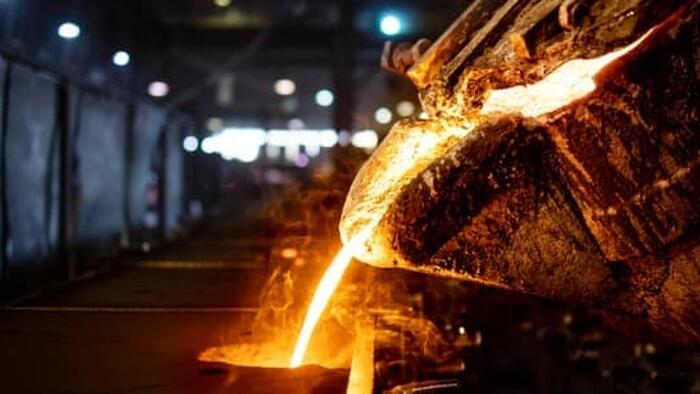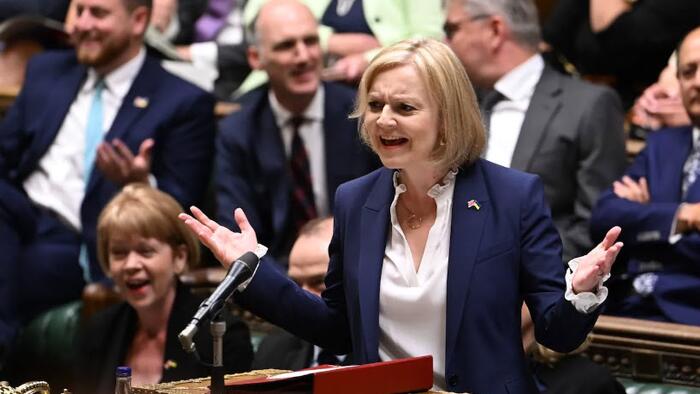I'm glad you started a thread about this. I considered doing so, since I've had some good discussions about chess on this site in the past, but the story was still developing, and Niemann hadn't yet addressed the accusations publicly.
I'll start with a few quibbles and clarifications. First, although Magnus has been the top-rated player in the world for about eleven years, he isn't a "10x reigning world champion and the consensus greatest ever player." Rather, he has won five world championship matches -- the first two against Anand, the third against Karjakin (which Carlsen barely salvaged after Karjakin blundered away a one-point advantage in the eleventh game, allowing Carlsen to win in tiebreak), the fourth against Caruana (also won in tiebreak), and the fifth against Nepomniachtchi (in which Nepo crumbled after losing a tortuous, and torturous, sixth game). And although younger players might see Carlsen as the greatest ever, Carlsen himself still puts Kasparov on top, while acknowledging that both he and Fischer have significant claims to the top spot.
I think that the overwhelming consensus among serious players is that Carlsen withdrew because he believed that Niemann had cheated in some way, although I believe that Carlsen may also have withdrawn largely because Niemann's significant history of cheating had been kept under wraps, primarily by chess.com, whose chief arbiter on cheating (whose name escapes me right now) allowed Niemann to be silently banned for six months. In addition, although Niemann didn't mention it in his public confession of past cheating, Niemann had also been quietly removed from a series of tournaments hosted by chess.com. I don't know the timing of that particular incident, but keep in mind that it's undisputed that Niemann was cheating with chess engines online within the past three years, after he had left his family to go out on his own as a professional chess player.
Another point: Players at the international level follow one another very closely, and rumors about certain players are passed about and scrutinized carefully. One thing that catches eyes is a sudden increase in rating (and strength) that is an extreme outlier. Of course, some extreme outliers turn out to be once-in-a-generation prodigies, like Fischer and Carlsen himself. But Niemann's history is especially unusual. Five years ago, he was barely rated above 2200, and not (as far as I know) on the radar of any top players. He had one or two sudden, massive jumps in rating, but even then, he did not break into the top 100 until about four months ago. It is not uncommon for a relatively low-rated player to get an invitation to a top tournament, usually because the player is a local star, or a woman, or an exceptionally promising prodigy, but I don't doubt that there were questions about whether Niemann was a legitimate wild-card selection for this tournament, especially in light of his history.
Finally, about the game with Carlsen and some of Niemann's post-game comments: Carlsen has a history of taking some opening gambles against much weaker opponents, because he simply can't maintain his dominance by allowing too many draws against inferior players. In this case, Carlsen flew too close to the sun, and must have been devastated by Niemann's thirteenth move (Be6), which virtually guaranteed that Carlsen would have to fight for a draw from then on. Carlsen's thirtieth move, declining the opportunity to go into a rook-and-pawn ending, also seemed to reflect undue optimism about his ability to create complications by keeping minor pieces on the board. I don't really see that Niemann's game was spectacularly above his then-current rating. But Niemann's post-game comments, about both the Carlsen game and (especially) the next game against Firouzja, were not at all in line with what one would expect from a legitimate 2700 player, and Firouzja's own post-game comments about why he turned down a very questionable sacrifice offer from Niemann also suggested that a concern that Niemann had access to some analysis that was not at all apparent to a top player.
To summarize: I think it's wrong to say, as many have, that there was no evidence of cheating in this game by Niemann, or that Carlsen assumed too much about Niemann's ability. Niemann's history, comments, and personality seem highly probative here. It's also wrong to say, as many have, that "direct" rather than merely "circumstantial" evidence is required to voice concerns and even accusations about cheating; in fact, most engine-related cheating in chess is detected by "circumstantial" rather than "direct" evidence of cheating, although some cheaters are banned only after "direct" visual evidence (for example, of cellphone analysis or other electronic aids) is discovered during the game. I haven't made up my mind about this case yet, but I do believe that Niemann is a very shady character.

